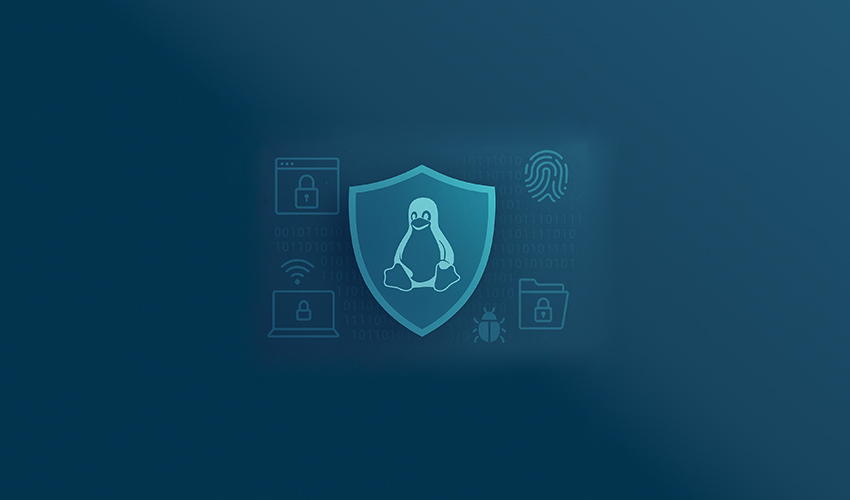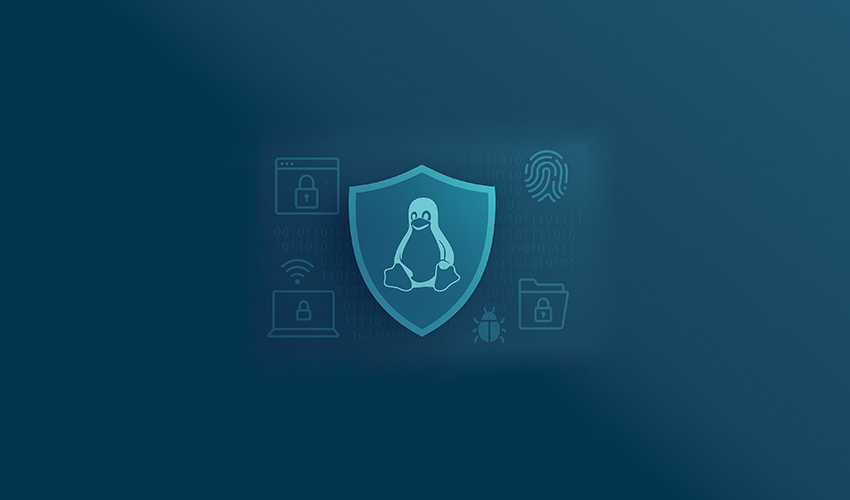
In the last decade, the digital landscape has shifted from a space of casual convenience to a battleground for personal information. From constant corporate profiling to sprawling government surveillance programs, the reality is clear, our devices have become treasure troves for those seeking to exploit or monitor us. As trust in mainstream platforms erodes, a surge of interest has emerged around operating systems that place security and privacy at their very core. At the forefront of this movement are a new breed of Linux distributions designed not just for power users and security experts, but for anyone who values control over their data.
The Age of Hyper-Exposure
Every click, swipe, and typed search leaves a footprint. This wasn’t always a mainstream concern, many users once traded data for convenience without a second thought. But a string of high-profile incidents changed the narrative: massive data breaches leaking millions of personal records, whistleblower revelations exposing global surveillance programs, and marketing giants quietly building extensive behavioral profiles of individuals.
For the average person, these events have shattered the illusion of online privacy. For professionals handling sensitive work, journalists, lawyers, healthcare providers, data exposure is more than a nuisance; it’s a potential threat to safety, reputation, and trust. The result? An accelerating search for technology that resists tracking, intercepts intrusions, and limits data leakage before it can begin.
Why Linux Has Become the Privacy Battleground
Linux, in its many forms, has always worn transparency as a badge of honor. Unlike proprietary systems where code is hidden from public scrutiny, Linux distributions are open-source, meaning anyone can inspect the source code, audit for vulnerabilities, or suggest improvements. This creates a self-reinforcing cycle of trust and accountability.
Beyond transparency, Linux allows deep configurability. Users can strip away unnecessary software, remove hidden telemetry, and harden their system against attacks. Updates arrive quickly, often patched within hours of a security flaw being reported, compared to the slower cycles of commercial operating systems. And most importantly, Linux is free from the corporate incentives that often drive aggressive data collection.
What Sets Security-Focused Distros Apart
While all Linux distributions benefit from open-source transparency, security-oriented distros go several steps further by building privacy and protection into their foundation:
-
Hardened System Kernels: Some distros use custom kernels with advanced security patches (like grsecurity) to close off potential attack vectors.
Source: Read More
